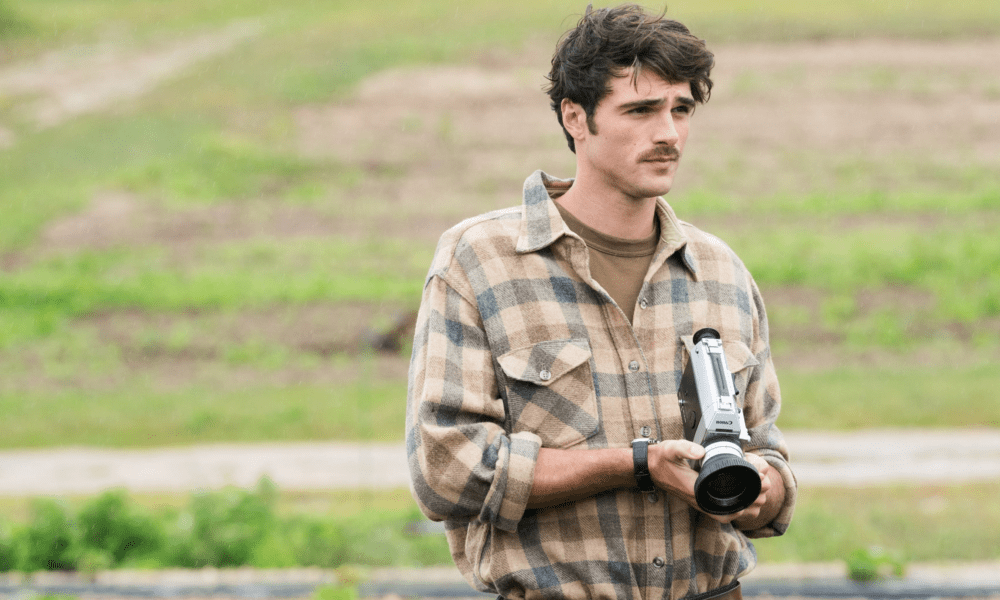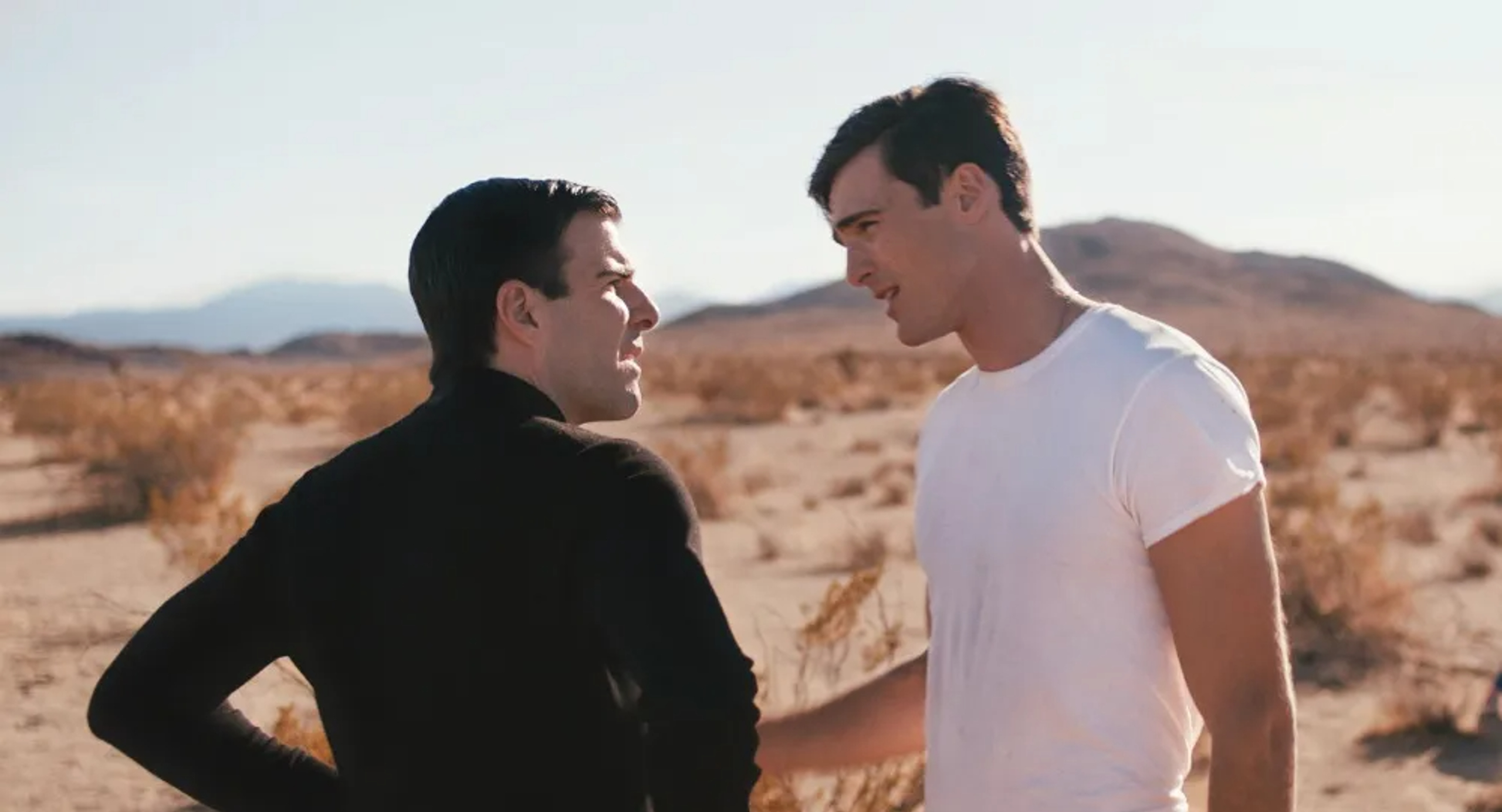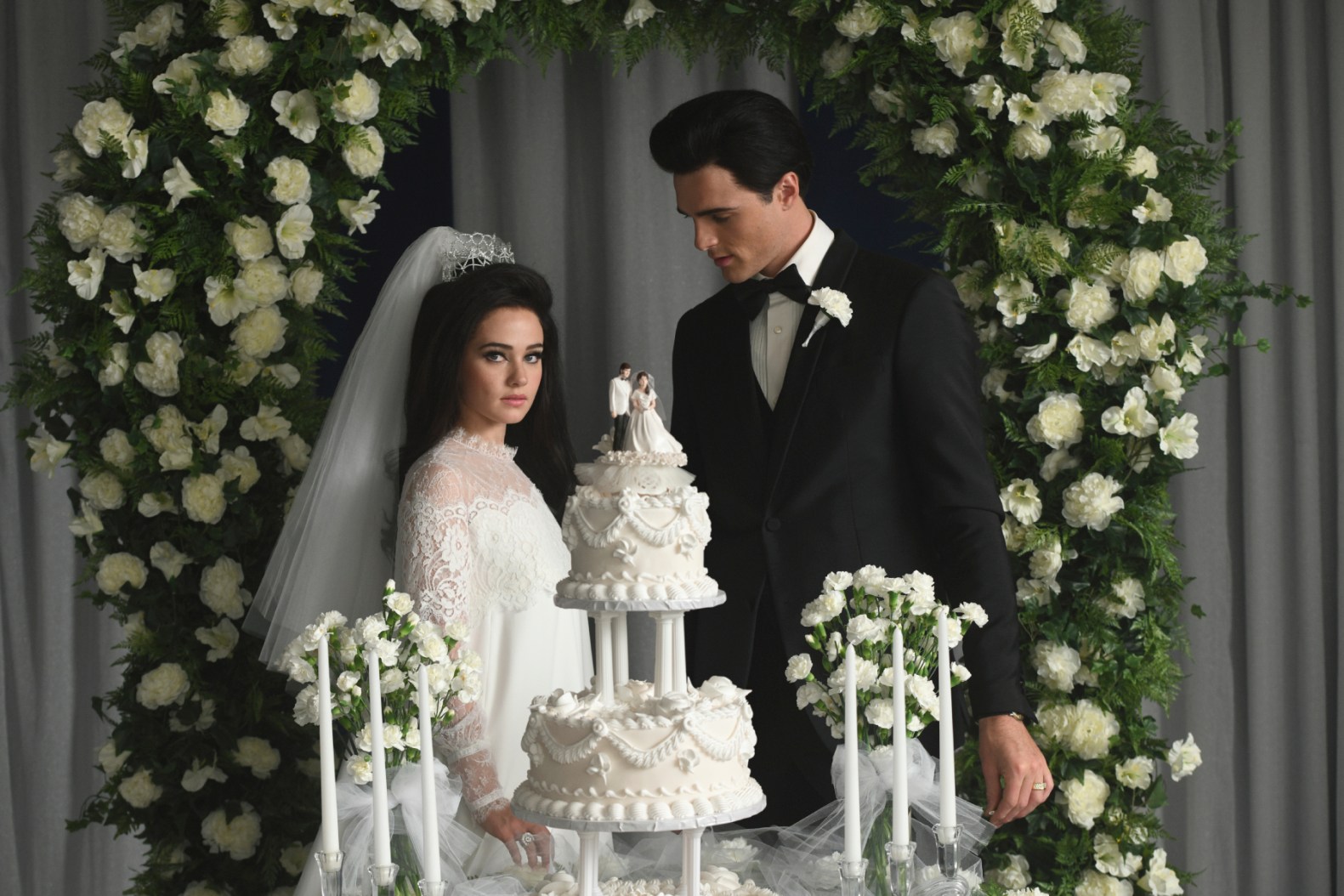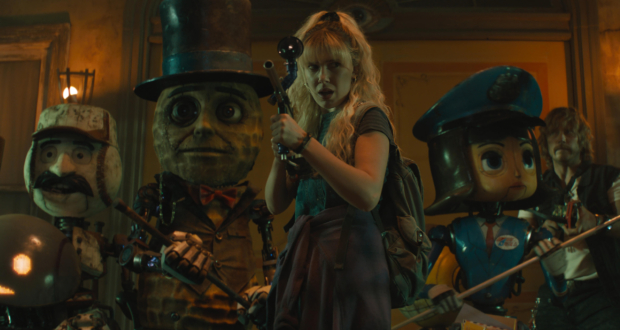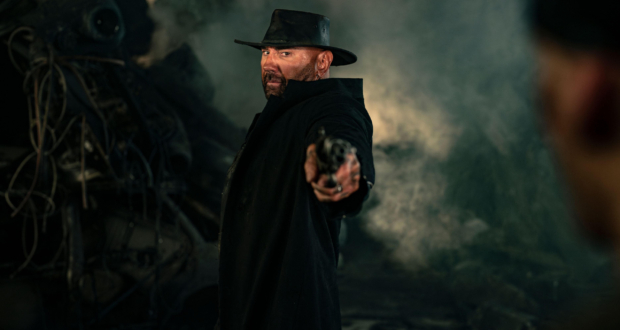Paul Schrader’s Oh, Canada stands as a poignant rumination on truth, legacy, and the complexities of self-mythologizing. Adapted from Russell Banks’ 2021 novel Foregone, the film reunites Schrader with Richard Gere, delivering a stark and unflinching portrait of a man whose carefully curated public persona begins to unravel in the twilight of his life. With Gere leading a stellar ensemble cast and Jacob Elordi bringing a visceral intensity to the flashback sequences, Oh, Canada is as much about self-examination as it is about reckoning with the collateral damage of ambition.
A Story of Unraveling Lies:
Oh, Canada centers on Leonard “Leo” Fife (Richard Gere), a celebrated Canadian filmmaker revered for his provocative documentaries and progressive ideals. But as Leo’s life draws to a close, his health deteriorating from terminal cancer, he sits for one final interview. What begins as a retrospective of his illustrious career evolves into a deeply personal confession of his moral failings. Through flashbacks and present-day revelations, Schrader peels back the layers of Leo’s life to reveal a man as flawed and contradictory as the ideals he once championed.
The film’s dual timelines are anchored by Gere and Jacob Elordi, who portrays Leo as a young man. Elordi’s portrayal of an ambitious yet selfish artist captures the contradictions that define Leo’s character, while Gere brings gravitas to the present-day Leo—a man at once haunted by guilt and emboldened by the need to tell his truth. This interplay of timelines allows Schrader to weave a narrative that feels both intimate and expansive, chronicling Leo’s journey from idealism to self-serving deceit.
A Collaboration Rekindled:
Oh, Canada marks Schrader’s second collaboration with Gere, decades after their work on American Gigolo (1980). Gere’s performance is understated yet deeply affecting, capturing Leo’s struggle with physical frailty and emotional vulnerability. His nuanced portrayal elevates the film, drawing the audience into Leo’s confessions while leaving space for ambiguity. Jacob Elordi, meanwhile, proves a compelling counterpart, imbuing young Leo with a mix of charisma and recklessness that makes his later actions all the more devastating.
Uma Thurman delivers a quietly powerful performance as Emma, Leo’s long-suffering wife. Her character navigates a complex emotional terrain, torn between loyalty to Leo and her own sense of integrity. Michael Imperioli’s Malcolm, the former student turned documentarian, serves as a catalyst for Leo’s revelations, balancing admiration and disillusionment as he uncovers the truth behind his mentor’s legacy.
Schrader’s Signature Style:
Schrader’s signature style—marked by restrained visuals and introspective character studies—is on full display in Oh, Canada. The film’s cinematography, helmed by Andrew Wonder, employs muted tones and minimalist framing to emphasize the emotional weight of the story. The scenes set in the present are stark and claustrophobic, reflecting Leo’s deteriorating condition and the confinement of his memories. In contrast, the flashbacks are infused with a dreamlike quality, highlighting the nostalgia and idealism that often distort the truth.
The film’s pacing is deliberate, allowing the weight of Leo’s confessions to sink in while giving the audience time to piece together the fragmented narrative. While this measured approach may feel slow at times, it ultimately serves the story’s thematic depth, reinforcing the idea that reckoning with the past is a gradual and often painful process.
Themes of Legacy and Identity:
Oh, Canada is a meditation on the tension between public and private identity. Leo’s carefully constructed image as a progressive icon stands in stark contrast to the selfish and often cruel choices he made in his personal life. Through Leo’s confessions, Schrader explores the ways in which individuals construct their own narratives to justify their actions, and the impact those narratives have on the people around them.
The film also delves into the concept of artistic legacy, questioning whether the value of Leo’s work is diminished by the moral failings of its creator. This tension is embodied in Malcolm’s character, who begins the interview as an admirer of Leo’s films but gradually shifts to a more critical perspective as the truth comes to light.
A Few Stumbles Along the Way:
Despite its strengths, Oh, Canada is not without its flaws. The film’s heavy reliance on flashbacks occasionally disrupts the narrative flow, and some of the transitions between timelines feel jarring. Additionally, while the supporting cast delivers strong performances, a few characters—particularly Diana (Victoria Hill)—feel underdeveloped, leaving their emotional arcs less impactful than they could have been.
The dialogue, while often incisive, occasionally veers into exposition, particularly in the scenes where Leo directly addresses the camera. These moments, though thematically rich, can feel overly didactic, detracting from the film’s otherwise subtle storytelling.
A Thought-Provoking Farewell:
Oh, Canada is a film that lingers long after the credits roll, challenging the audience to grapple with questions of truth, legacy, and the cost of ambition. Schrader’s direction, coupled with standout performances from Gere and Elordi, ensures that the film resonates on both an intellectual and emotional level. While it may not reach the heights of Schrader’s best work, it is a worthy addition to his filmography—a poignant and thought-provoking exploration of a man coming to terms with the weight of his own myth.
Overall:
With its introspective narrative and compelling performances, Oh, Canada earns its place as a drama that is as complex and multifaceted as its protagonist. Schrader’s direction and Gere’s commanding presence anchor the film, while Elordi’s portrayal of young Leo adds depth and nuance to the story. Despite its occasional missteps, the film succeeds in delivering a powerful meditation on the intersection of truth, art, and identity. For fans of Schrader’s work or those drawn to character-driven dramas, Oh, Canada is a film worth experiencing.
-
Acting - 7.5/10
7.5/10
-
Cinematography/Visual Effects - 7/10
7/10
-
Plot/Screenplay - 7/10
7/10
-
Setting/Theme - 6/10
6/10
-
Watchability - 6.5/10
6.5/10
-
Rewatchability - 4.5/10
4.5/10
